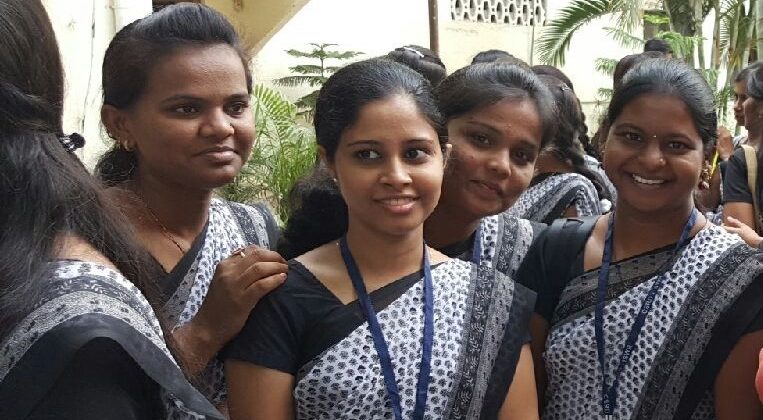
March 18, 2023 | David Ansong
GSDI is conducting a systematic review to assess the evidence of the impact of financial inclusion on young women aged 15 – 24 in Low- and Middle-income countries. CGAP at World Bank commissioned this systematic review to understand the existing knowledge to guide future programming for young women’s optimal social, economic, and health outcomes. The main objective of the systematic
Read more.... about Systematic Review of Evidence on Financial Inclusion of Young Women in Low- and Middle-Income Countries
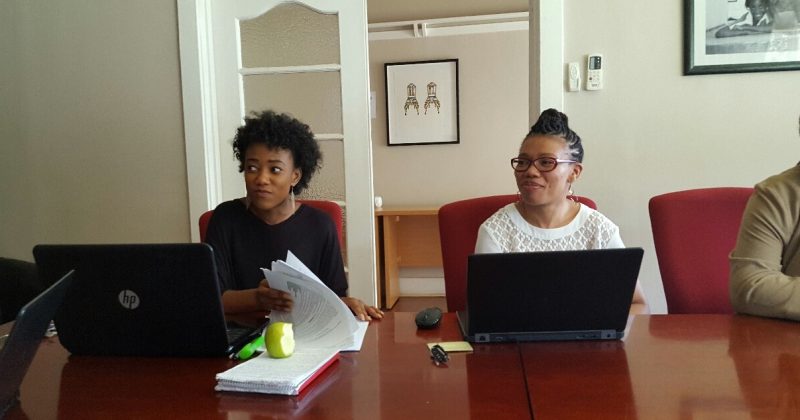
March 12, 2023 | David Ansong
Inclusive Development Activity for Mission Support (IDAMS) is a five-year, $19 million project funded by USAID that focuses on integrating marginalized groups into development programming. A key aim of the project is to assist USAID in assessing the needs of marginalized and underrepresented groups worldwide, engaging with them and supporting their priorities. The project will be implemented with Making Cents,
Read more.... about Inclusive Development Activity for Mission Support (IDAMS)
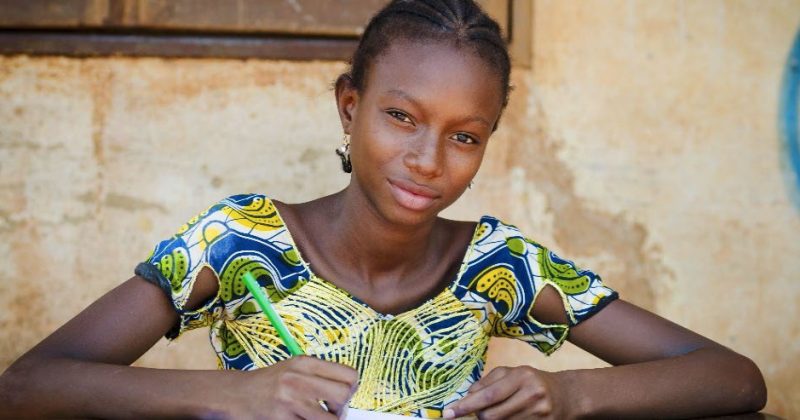
August 31, 2020 | Miranda Manzanares
GSDI is a subcontractor of a consortium, led by Making Cents International, that was awarded USAID’s Youth Power 2: Learning and Evaluation (YP2LE) contract. YP2LE activities are designed to examine the impact of cross-sectoral youth programming, in collaboration with USAID, YouthPower implementing partners, PYD researchers, youth-led and youth-serving organizations, individual young change-makers, and other relevant stakeholders.
Read more.... about YouthPower2: Learning and Evaluation
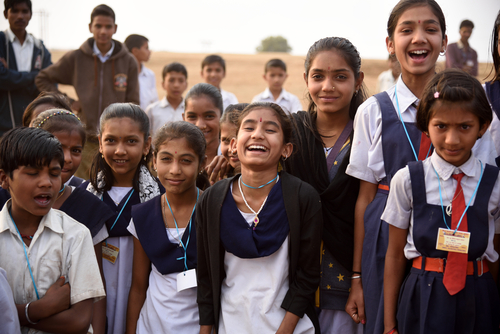
March 21, 2017 |
This project seeks to initiate a cognitive shift in the minds of the young participants that follows them through their life and facilitates better health outcomes for both male and female participants. Short-term program outcomes include increasing female participants’ school attendance, knowledge on the importance of education for girls & sexual/reproductive health as well as a reduction of harmful attitudes regarding gender-based knowledge.
Read more.... about Adolescent Boys & Girls Program for Gender Equity in Maharashtra, India
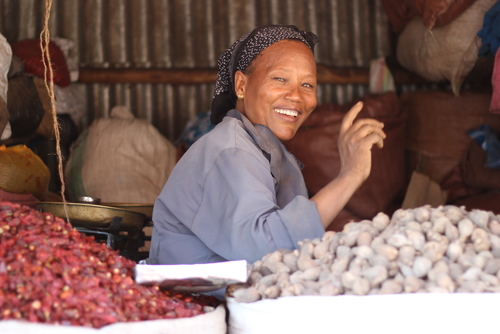
March 21, 2017 |
Due to inaccessibility of formal financial services, limited access to capital, and lack of technical skills, young women entrepreneurs in rural communities face significant barriers to maintaining and expanding their businesses. To promote women’s financial inclusion and growth of women-owned micro and small enterprises, GSDI is proposing to test and evaluate a multi-level digital banking model with Chuma cha Azimai (women-owned wealth).
Read more.... about Chuma Cha Azimai: Mobilizing Women-Owned Micro and Small Enterprises for Financial Inclusion of Young Women in Rural Zambia
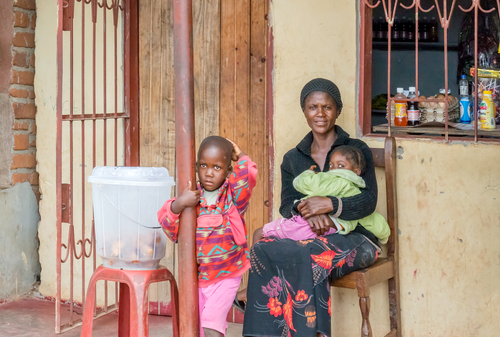
March 20, 2017 |
To address lack of training and limited income-generating opportunities for young women, GSDI’s efforts for this project aim to test an employability and asset development program for young women living with HIV. The intervention leverages existing partnerships among organizations that work with youth and people living with HIV in Zambia, and will evaluate its impact on economic, financial, health and HIV
Read more.... about Umwini: Asset Development Program for Young Women Living with HIV in Zambia
March 19, 2017 |
This project leverages the expertise of Samagra and GDSI to develop and evaluate effective interventions that advance economic stability for families living in the poorest slums in Pune and surrounding communities. Samagra forms partnerships with municipal agencies as well as financial institutions to create a community center and a “one-stop shop” for residents.
Read more.... about Financial Inclusion for Female Entrepreneurs to Increase Sanitation in India’s Urban Slums
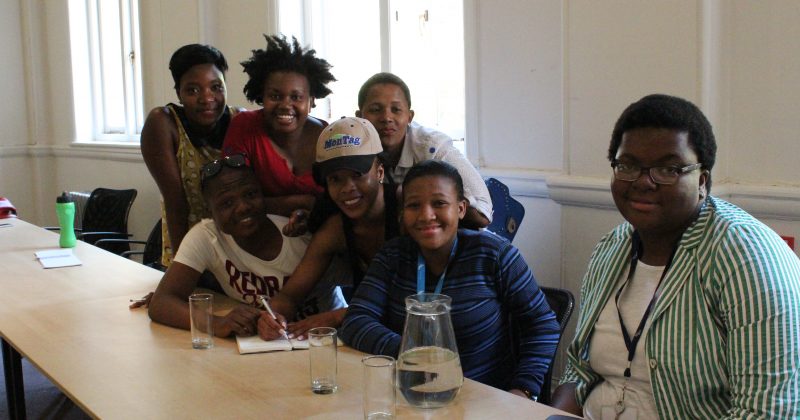
March 19, 2017 | Angie Barker
In South Africa, there are 3.8 million young people between the ages of 18 and 25 who are either unenrolled in education, unemployed, or without training. The cost of pursuing higher education coupled with increased school dropout and attrition rates has only made youth unemployment worse. Launched in 2015, Siyakha sought to instill skills into youth that enable them to function effectively in the workplace, develop technical
Read more.... about Siyakha Youth Assets Testing and Evaluating the Impacts of Youth Employability Interventions
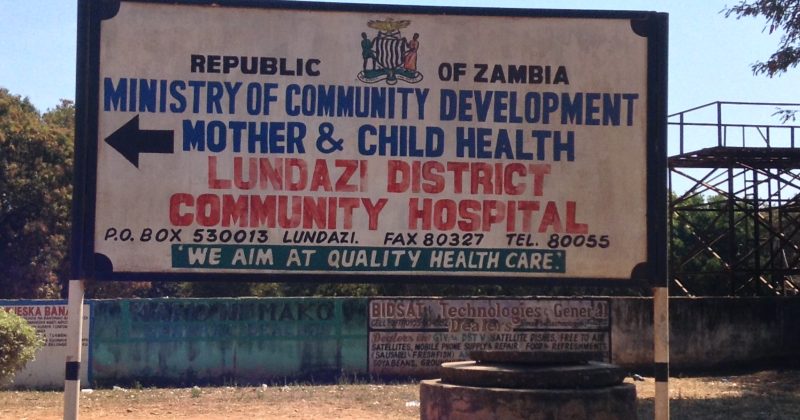
March 15, 2017 | Claire Bates
Chuma na Uchizi was a pilot study to test an asset-building intervention to improve economic and health outcomes of people living with HIV (PLHIV) receiving antiretroviral therapy (ART) in Zambia. Implemented in partnership with the Center for AIDS Research (CFAR) at UNC, the Ministry of Health in Zambia (MOH), and the Office of District Medical Officer in Lundazi, the study measures ART adherence, access to food, dietary intake, income
Read more.... about Chuma na Uchizi: Impacts of Integrated HIV and Livelihoods Programs
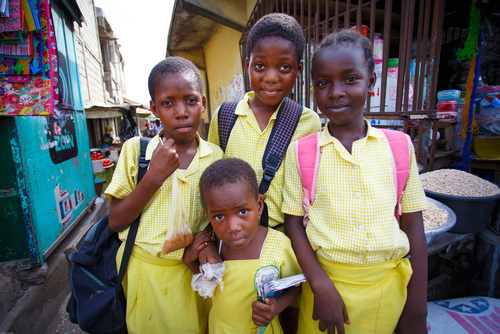
February 21, 2017 | Angie Barker
GSDI sought to increase access and use of formal financial services for youth in resource-limited settings, particularly from lower income families. The YouthSave Ghana experiment was implemented across all districts in eight of the 10 regions where HFC Bank, the financial institution (FI) partner, operates. Targeting young people between ages 12 and 18, 100 junior High Schools were randomly selected
Read more.... about YouthSave Ghana: Testing Impacts of Savings on Youth Financial Capability and Development









